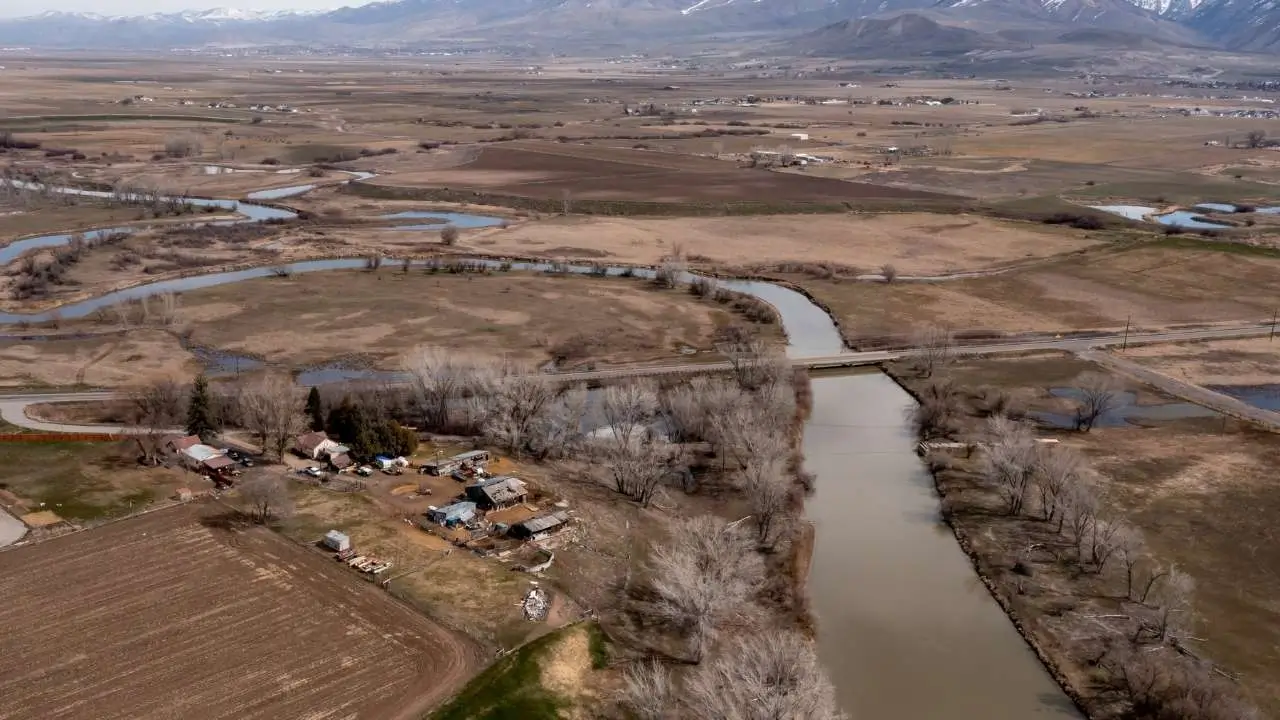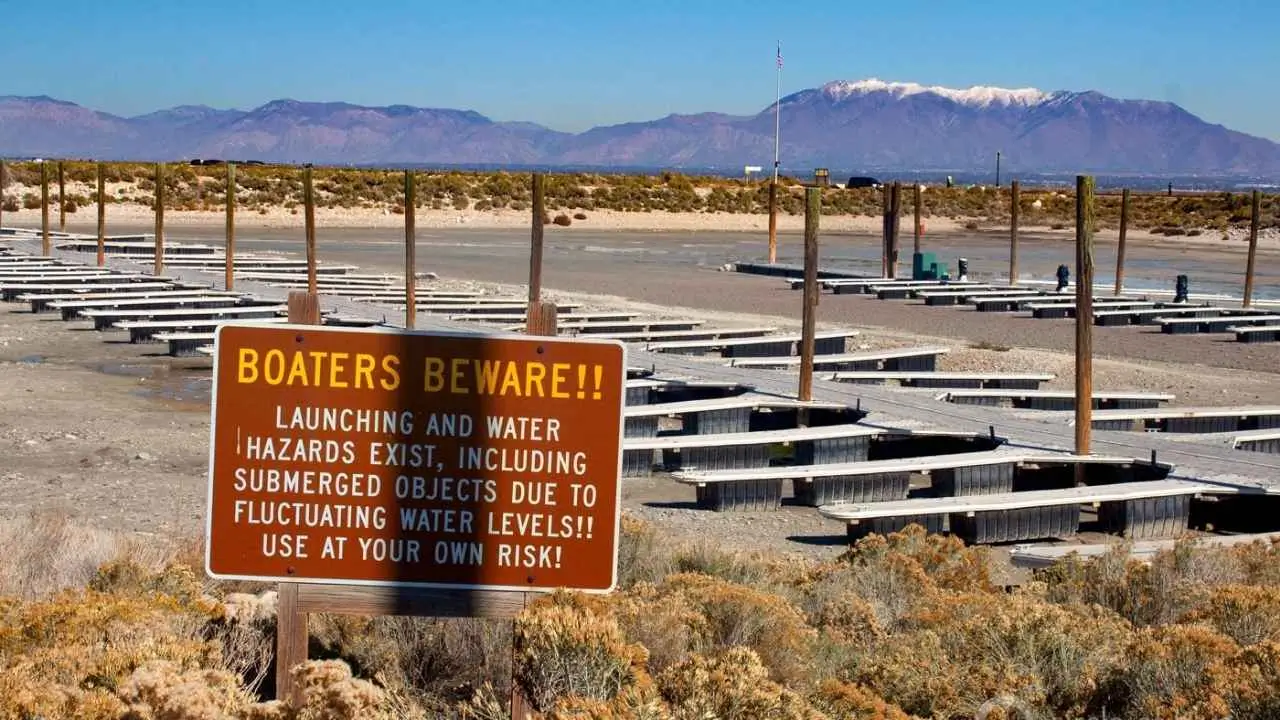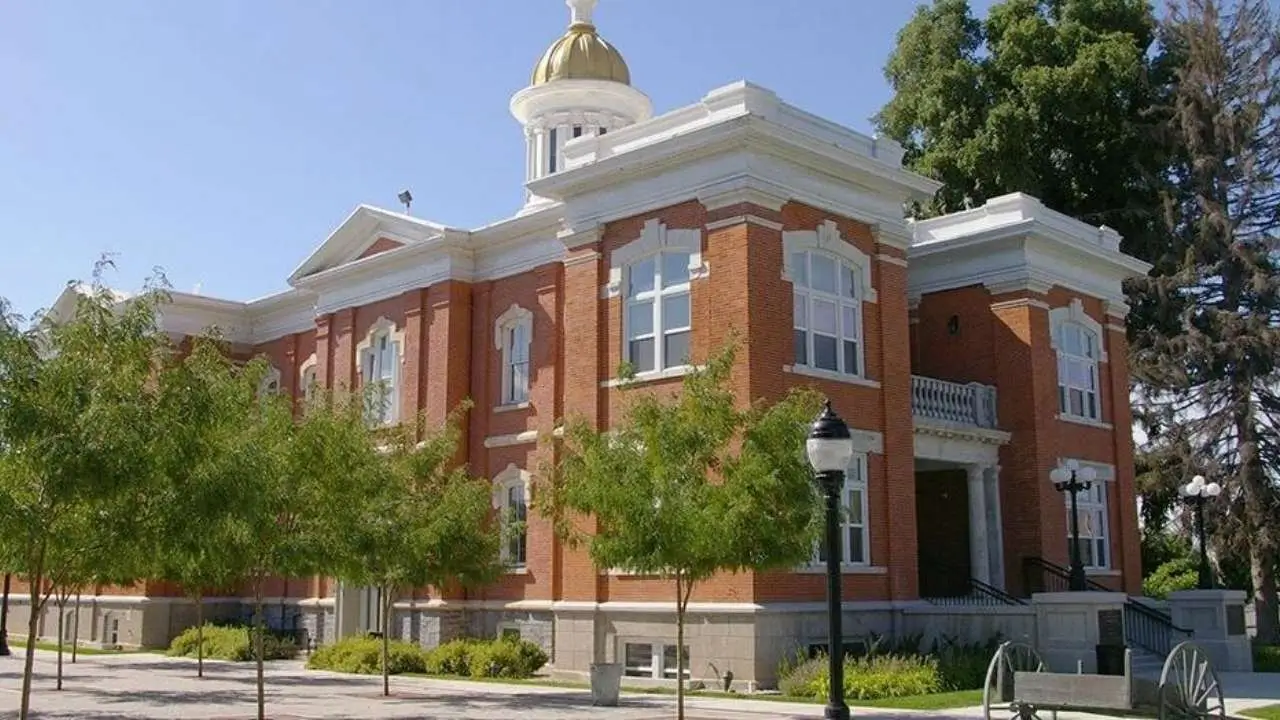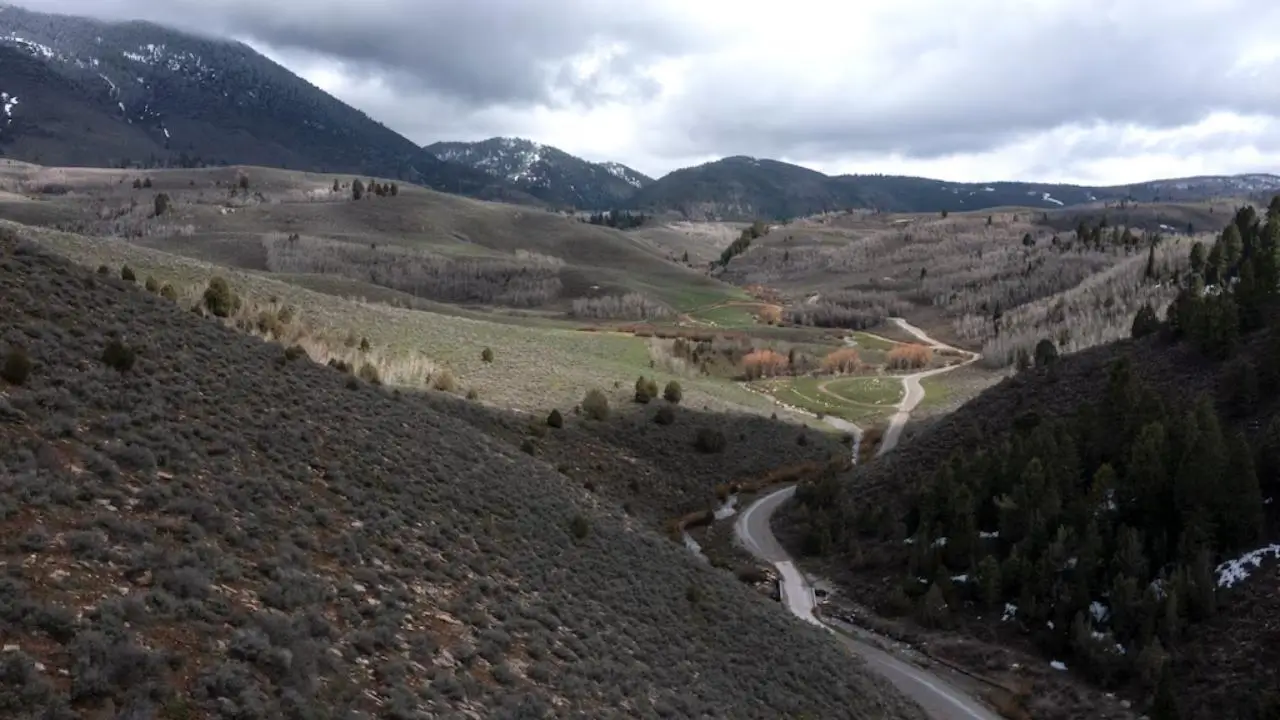CACHE COUNTY, UTAH — A bold proposal to transform Cache County into Utah’s next tech hub has sparked heated debates across the region. Advocates for the plan argue that it offers an opportunity to propel the county into the future with economic growth and high-tech innovation, while opponents fear it could threaten the rural character and environment of the area. As Utah continues to grow as a national leader in technology, the question remains: can Cache County become the next big tech center, or will the proposed development divide the region irreparably?
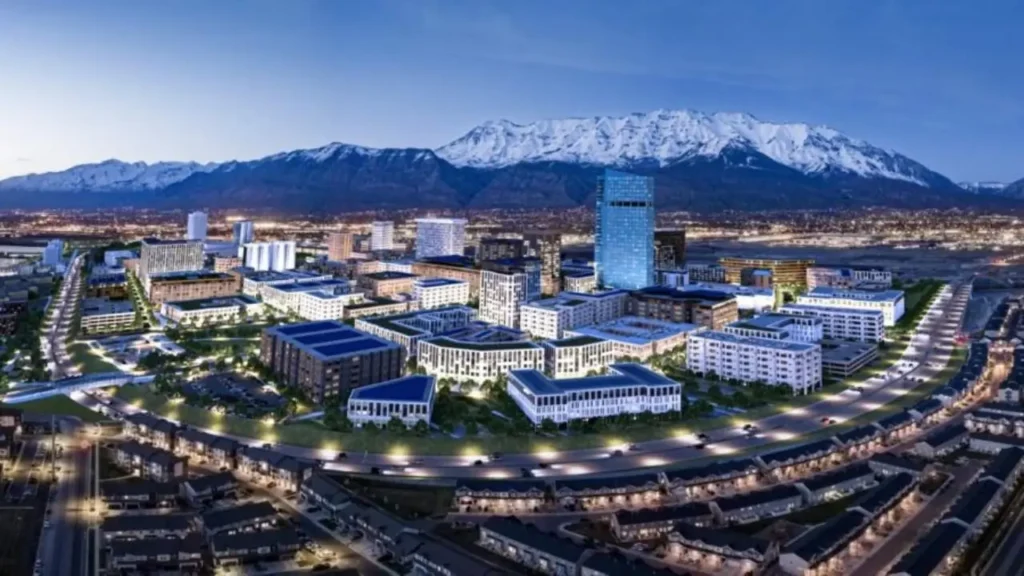
Cache County Become Utah’s Next Tech Hub
| Key Fact | Detail/Statistic |
|---|---|
| Population Growth | Cache County’s population grew by 13% over the last decade. |
| Tech Industry Growth in Utah | Utah ranks 10th in the U.S. for tech employment. |
| Environmental Concerns | 60% of residents are concerned about environmental impacts. |
| Economic Impact Projection | The proposed tech hub could create 10,000+ jobs by 2030. |
As the debate continues, Cache County finds itself at a crossroads. The decision to develop a tech hub represents not just an economic opportunity, but a profound choice about the community’s future. The path forward remains uncertain, but the discussions taking place today will determine whether Cache County becomes a center of innovation or stays rooted in its agricultural legacy. With so many divergent views on the table, the coming months
Cache County: A New Tech Frontier?
Cache County, located in the northern part of Utah, has long been known for its scenic beauty, agricultural landscapes, and rural lifestyle. Yet a new proposal to develop a large-scale tech hub has placed the county at the center of a controversial debate. The idea has the potential to reshape the county’s future but has sparked deep divisions among residents, local officials, and businesses.
The tech industry in Utah has seen explosive growth over the past decade. With major tech firms like Adobe, Pluralsight, and Qualtrics establishing a strong presence in cities like Salt Lake City and Provo, Utah is now ranked among the top states for tech employment. According to the Utah Governor’s Office of Economic Development, Utah is home to more than 100,000 tech jobs, ranking 10th in the nation for tech employment. The state’s burgeoning tech ecosystem has been described as one of the fastest-growing in the country.
Given the existing success of tech in Utah, proponents argue that Cache County is uniquely positioned to take advantage of this momentum. The county is located just a few hours north of Salt Lake City and is home to Utah State University, providing a rich source of highly educated, tech-savvy graduates. The idea is that with the right infrastructure and incentives, Cache County could become the next logical hub in Utah’s expanding tech landscape.
The Vision: Economic Opportunity and Innovation
The proposal for a tech hub in Cache County focuses on creating modern business parks, innovation centers, and research hubs, with the goal of attracting both large tech companies and small startups. Economic analysts estimate that the development could create over 10,000 high-paying tech jobs in the county by 2030, providing a significant boost to the local economy.
“Cache County is at a crossroads,” said Mark Williams, an economic analyst at Utah State University. “We’re seeing the tech industry thrive across the state, and with Cache County’s proximity to Salt Lake City and its skilled workforce, there’s a strong argument that this could be the next place for the next wave of tech development.”
The proposal also includes developing critical infrastructure such as high-speed internet access, modern transportation networks, and sustainable housing, which would support both the tech industry and the population growth that the tech hub would likely generate.
Another important aspect of the proposal is the integration of Utah State University into the development plan. The university, located in Logan, has strong tech-related programs and produces thousands of graduates in fields such as computer science, engineering, and business. By creating a tech hub in Cache County, proponents argue, the region could capitalize on this talent pool and foster innovation through closer collaboration between tech companies and academic institutions.
The Opposition: Environmental and Cultural Concerns
While the tech hub proposal is generating enthusiasm among some local business leaders and economic planners, it is far from universally supported. Many residents of Cache County fear that such a dramatic shift would undermine the rural, agricultural lifestyle that they value.
“The rural nature of Cache County is what makes it so special,” said Sarah Peterson, a local resident who opposes the development. “Our way of life here is focused on farming, outdoor activities, and a slower pace of life. A tech hub would bring too much traffic, noise, and commercial development, threatening everything we love about our home.”
Environmental concerns are also central to the opposition. Cache County is known for its natural beauty, with vast open spaces, mountains, and wildlife. Local activists warn that large-scale development could result in significant environmental degradation, threatening the area’s ecosystems, water resources, and wildlife habitats. According to a report from the Cache County Planning Commission, 60% of local residents are concerned about the impact of development on the county’s environment. The region is home to protected wetlands, as well as the Bear River Migratory Bird Refuge, which could be affected by sprawling tech campuses and infrastructure.
Opponents of the tech hub are also concerned about the social and economic impact of such rapid development. With the promise of high-paying tech jobs, some worry that housing prices could skyrocket, making it unaffordable for long-time residents to stay. This could lead to increased housing costs, as has been seen in other areas of Utah, such as Salt Lake City and Park City, where tech-driven growth has led to gentrification and higher living costs for local families.
“The area already struggles with affordable housing, and this proposal will only make that worse,” said Emily Rogers, a Cache County councilmember and vocal opponent of the project. “We don’t want to become another Silicon Valley or Park City, where local residents are pushed out by rising costs and a flood of newcomers.”
Political and Economic Divide
The debate over the tech hub has created a rift in the political and business community. Some elected officials, particularly those who represent Cache County in the Utah State Legislature, are strong advocates for the development, arguing that it would benefit the region economically and socially. They point to the growth of other tech hubs in the state as proof that such development can bring long-term benefits.
“Cache County has an opportunity to diversify its economy and become a leader in technology and innovation,” said County Commissioner David Thompson, who supports the proposal. “By being proactive, we can bring high-paying jobs to the region while still respecting the values and lifestyle that define Cache County.”
On the other hand, local politicians like Councilmember Emily Rogers worry that the development would permanently alter the character of the area, replacing farmland with industrial parks and crowded suburban housing developments.
“There is a real risk of losing our rural way of life,” Rogers said. “We need to consider the long-term consequences of this proposal, not just the short-term economic benefits. Once that land is developed, we can’t go back.”
Land Use in Crisis: Are Current Zoning Laws Ready for Cache County’s Rapid Growth?
A Controversial Future
As public hearings and town hall meetings are scheduled in the coming months, it remains unclear which direction Cache County will take. The issue is one that affects not only the county’s future but also its identity. Can the county balance the economic opportunities provided by the tech industry with its cultural and environmental values?
The decision will likely come down to a question of priorities. Will Cache County choose to capitalize on Utah’s tech boom, or will it stand firm in its commitment to preserving its agricultural roots and natural beauty?
“It’s going to be a balancing act,” said Williams. “The county’s future depends on making smart choices that respect both the economic realities and the values of the people who live here.”
While the debate rages on, Cache County’s fate hangs in the balance. For now, residents and officials alike are grappling with the complexities of the proposal. What is clear, however, is that the decision will shape the county’s future for generations to come.




